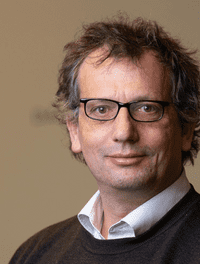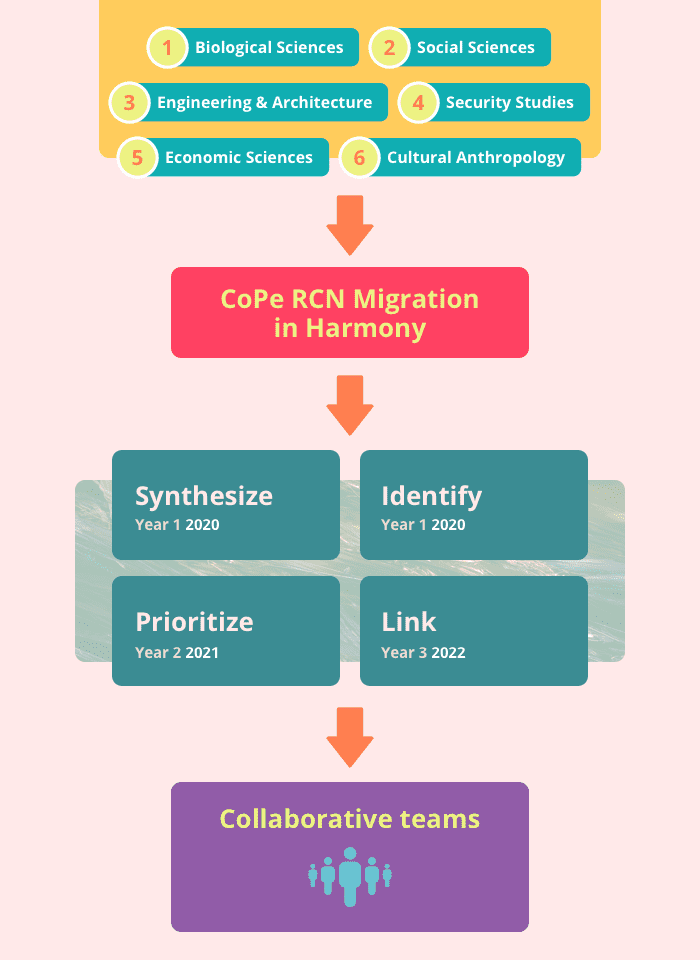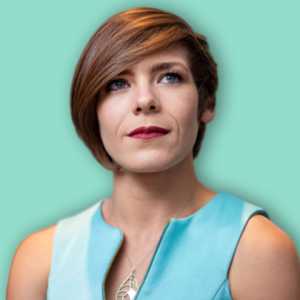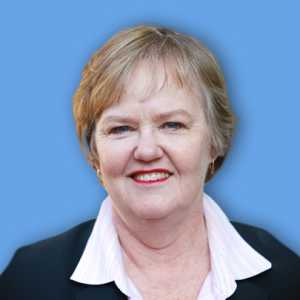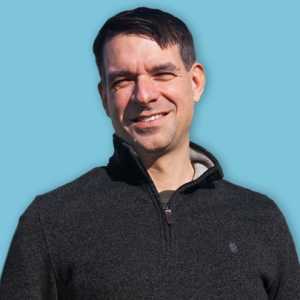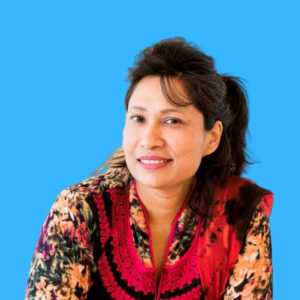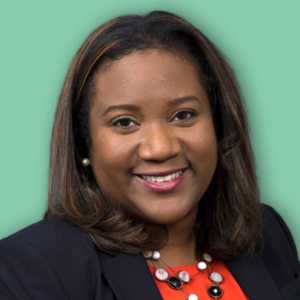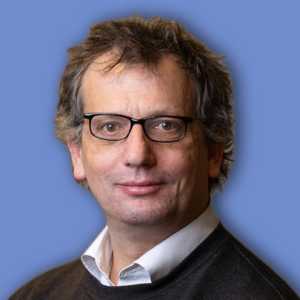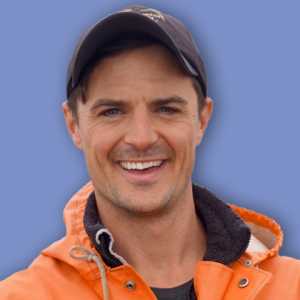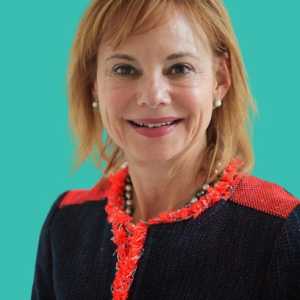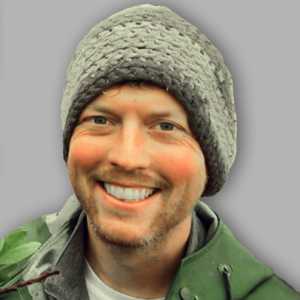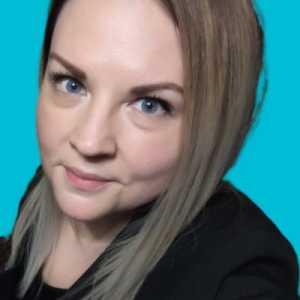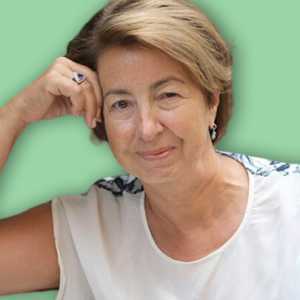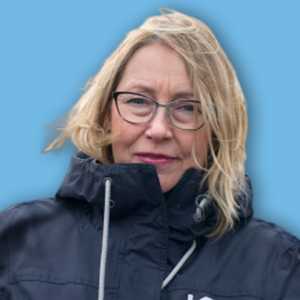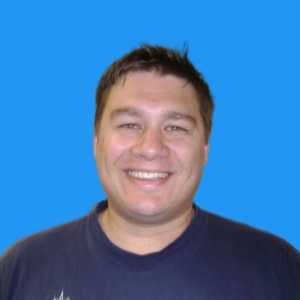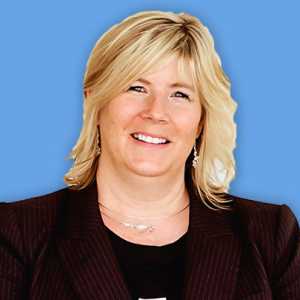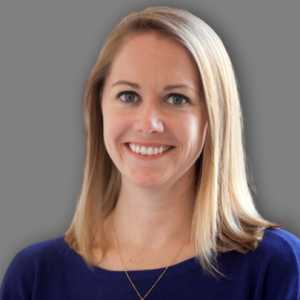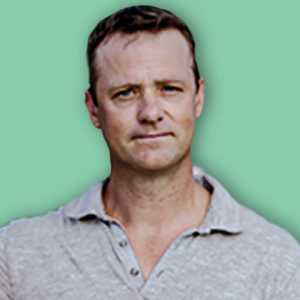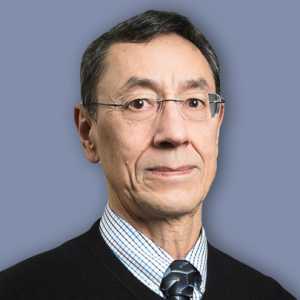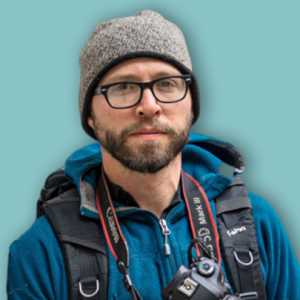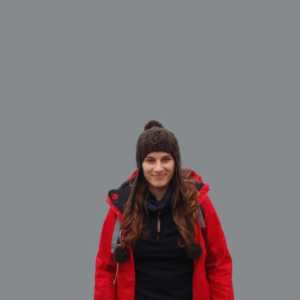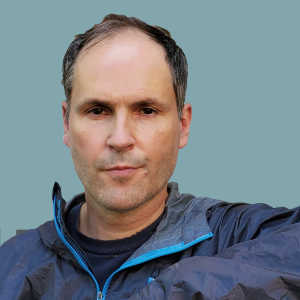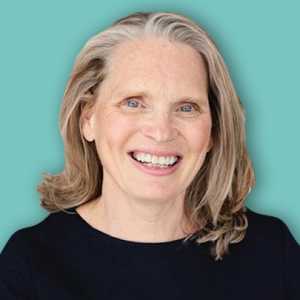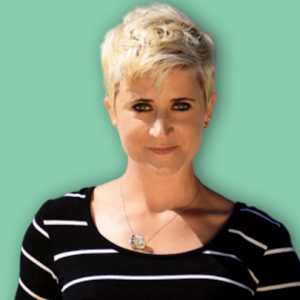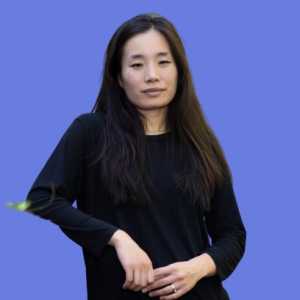We are
A network of scholars, students, storytellers, and knowledge holders researching coastal Arctic migrations.
MIH-RCN is three-year international, cross-disciplinary network of Arctic migration researchers funded by a National Science Foundation grant to Georgetown University, under the direction of Dr. Victoria Herrmann, Assistant Research Professor and Managing Director of The Arctic Institute. We are traditional knowledge holders, natural scientists, engineers, students, humanities scholars, economists, social scientists, storytellers, engineers, health professionals, practitioners, and educators working on the many dimensions of Arctic migration.
Our Mission
To facilitate open communication, foster cross-disciplinary exchange, and build a community for migration researchers.
From the hunter-gatherer populations who traversed across Siberia and into Beringia during the Late Pleistocene period to the 21st century Sami reindeer herders across Sápmi in Northern Europe, the Arctic has been on the move for millennia. And yet, the accelerated pace of ecological, societal, and climate changes today is introducing a new normal for the Arctic with new, at times unpredictable, patterns of movement for peoples, economies, and species.
Our Research Coordination Network aims to facilitate open communication, foster cross-disciplinary exchange, and build new collaboration teams of scientists, stakeholders, and practitioners to investigate our organizing question: What are the ways in which the drivers and consequences of Arctic coastal migrations intersect and interact with one another, and what are the implications for society? Over the next three years, we’ll find the answers together.
Our Reason
Sustainable, equitable, and science-driven decisions are best made when we work together.
Urbanization, globalization, and the impacts of climate change are activating the simultaneous migrations of species, ecosystems, settlements, and cultures across Arctic coastlines in new and unpredictable ways. Arctic port cities are witnessing increased maritime traffic and inflow of migrant labor; rural villages are facing displacement from slow and sudden-onset disasters; sea ice melt and ocean warming are shifting marine species ranges; and terrestrial ecosystems in transition are upending Arctic food webs and introducing southern disease vectors.
Each of these intersecting mobilities challenge the quality of life, sustainable development, and environmental health of the circumpolar north. A lack of integration across siloed research communities has hampered the expansion of knowledge to understand these interactions and provide decision makers and stakeholders with the necessary qualitative and quantitative data to make science-informed decisions. We want to change that.
What we are building
An Arctic community to share ideas, support students, and collaborate on migration projects.
MiH-RCN will advance knowledge on how the migrations of Arctic ecosystems, economies, peoples, and cultures interact with one another, and how the social, geohazard, and economic drivers and consequences of migrations intersect across different fields. We do this by (1) engaging local leaders, practitioners, and researchers from diverse disciplines in North America and Europe to bridge research divides and synthesize existing data; (2) linking ongoing major research initiatives to fill this research gap; and (3) implementing creative participatory methods to broaden participation in migration research.
From high school students at Mt. Edgecumbe High School in Sitka to graduate students in SURGE Design and Development Launch Pilot from NSF INCLUDES, MiH-RCN is dedicated to elevating student involvement and voices. And by having collaborators in Canada, Iceland, Norway, Sweden, Finland, Russia, and Indigenous leaders, our networking is strengthening international collaboration. These collaborations can contribute regional solutions to societal problems that migration creates in public health, economic development, and cultural loss and damage.
Our Plan
Three annual meetings. Dozens of publications. Hundreds of network members.
2020 | Seeing the system
Year One will focus on sense-making – the process of understanding Arctic migrations, examining why their systemic interactions are important, and co-creating a network vision and values. We will invite participants, synthesize existing research projects, and initiate integrative dialogues across disciplinary and country borders. This will culminate in the annual meeting, where participants will be tasked to see the interactions, interdependencies, and intersections of Arctic coastal systems in movement through a participatory workshop.
2021 | Design think & Simulate
Year Two will focus on identifying gaps in collaborative migration research, map emerging patterns of movement, and share ideas that could transform the problem domain. We will continue to broaden and deepen the network, both inviting new participants and strengthening existing collaborations. This will culminate in the annual meeting, where participants will be tasked to co-develop an Arctic coastal migration scenario, which will then be simulated through together as a table-top exercise.
2022 | Collaboratory incubation
Year Three will focus on creating partnerships, facilitating new resource flows, and submitting collaborative grant applications to fill research gaps in Arctic coastal migrations. While continuing to invite new participants, our focus will shift to activities and strategic planning for long-term sustainability of the network’s synergies, relationships, and synthesis work. This will culminate in the annual meeting, where participants will be tasked to form integrated, multi-disciplinary research teams around the prioritized research topics and capacity building.
Our people
To learn more about a team member, click their image.
Steering committe members
Collaborators
Our Commitment
At its core, this network is about bringing people together. We strive to break down the barriers that divide us, facilitate open communication amongst our members, and build new collaborations in pursuit of more equitable, inclusive research teams. To do this, the leadership of the MiH-RCN commits to sustained, antiracist and anticolonial actions that:
1. Diversify our stories, research, and resources in order to amplify marginalized voices through our network events, publications, and initiatives.
2. Develop space, unique support, and responses resources for members from excluded or marginalized groups on our website and communication channels.
3. Devalue traditional hierarchies of authority by providing leadership opportunities for all members, especially early career participants, Indigenous participants, and participants from other marginalized groups.
Our skills, knowledge, and expertise are stronger when we collaborate in an open, just community. Our network leverages our participants from all walks of life to develop impactful research teams. Everyone has a valuable contribution to make, and we strive to incorporate principles of understanding, openness, and equity into all our work.


